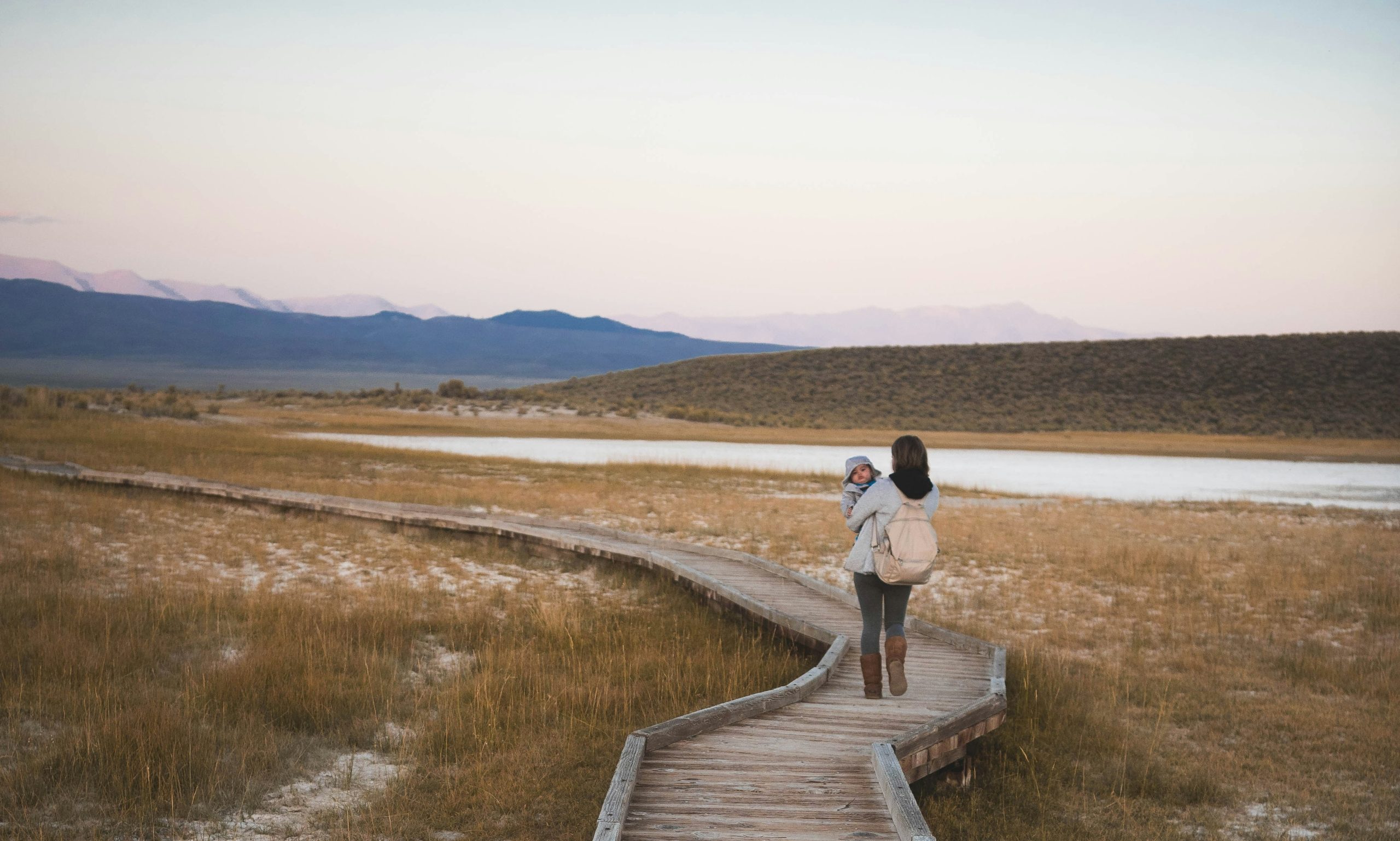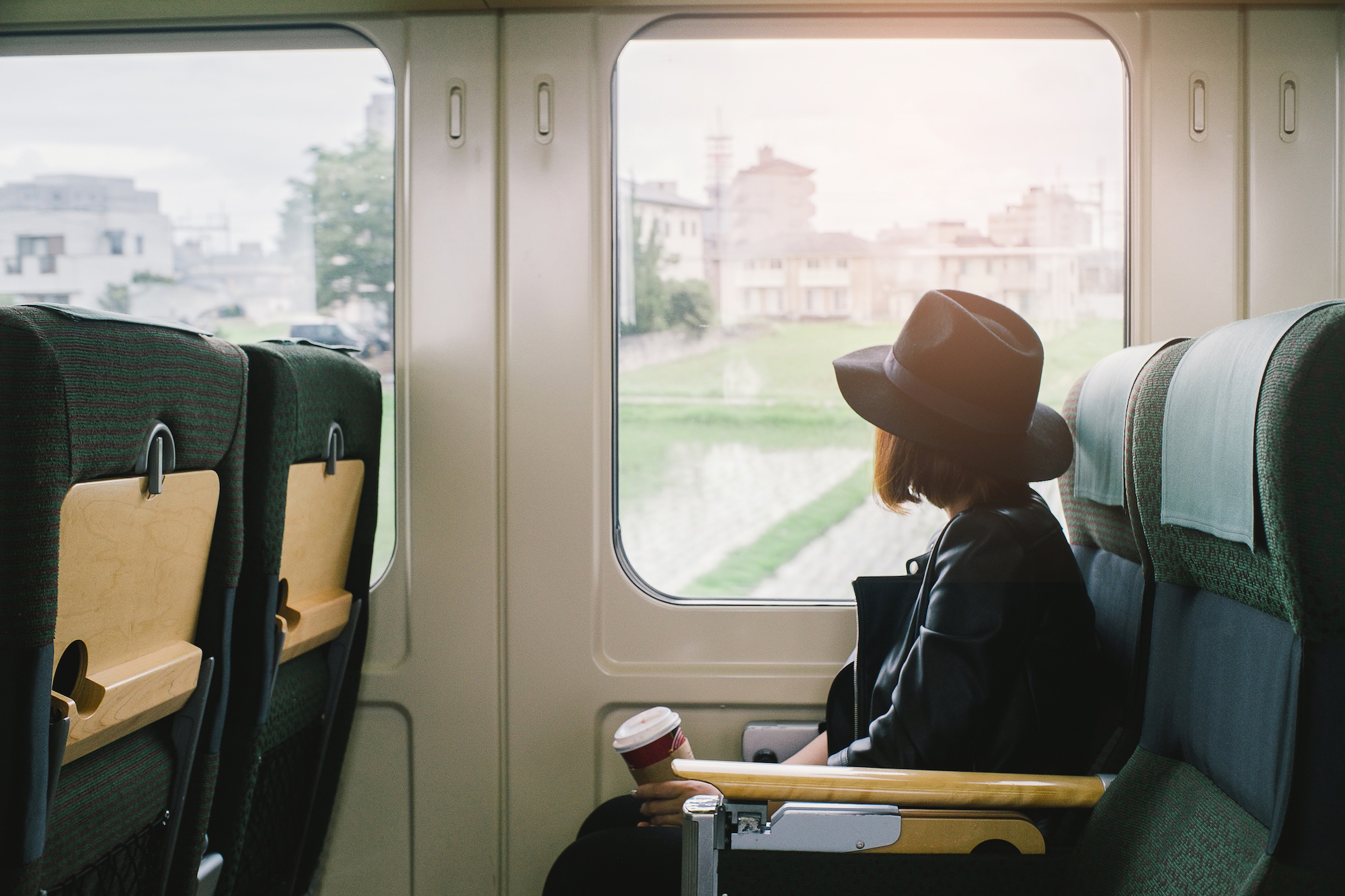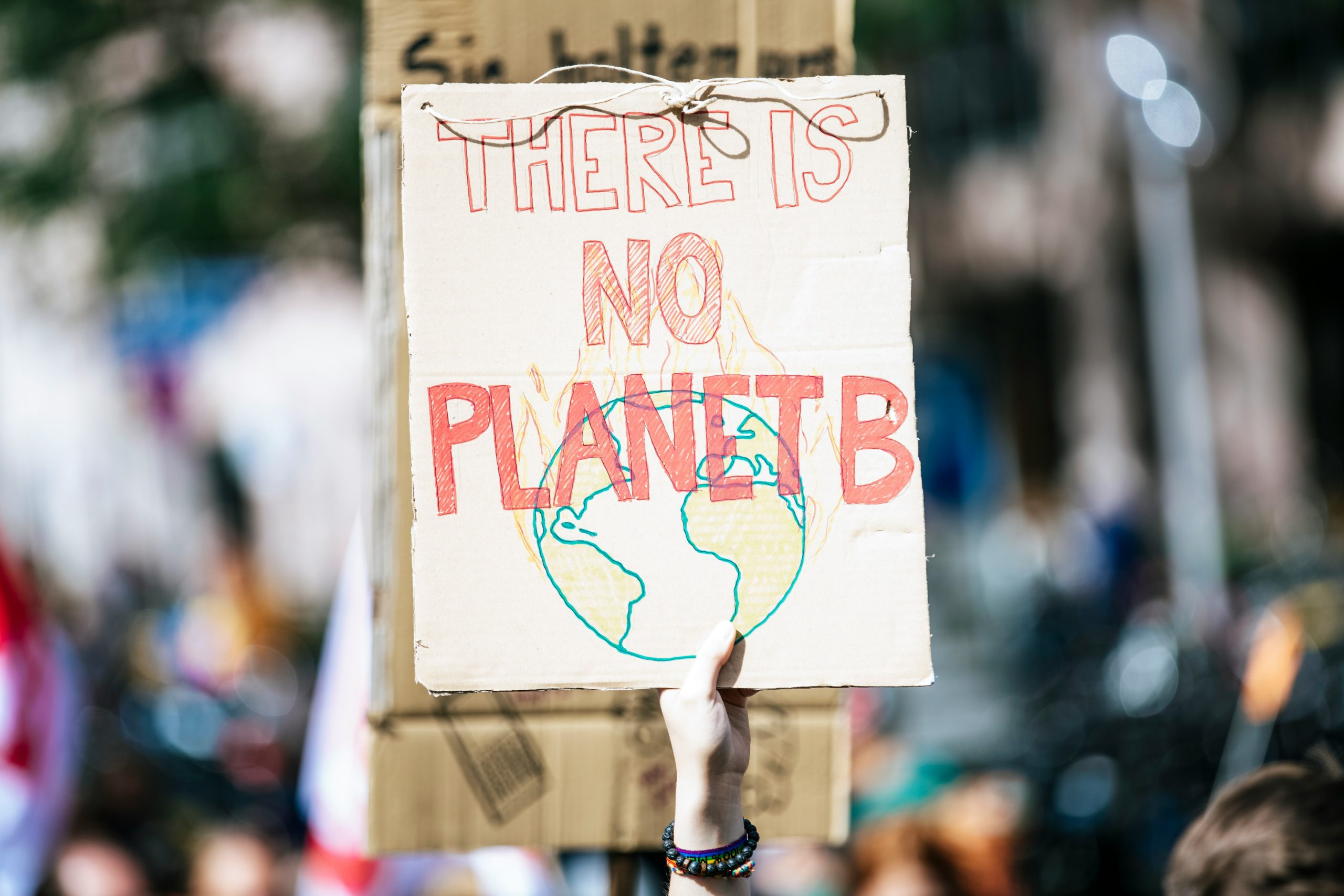Craft
Why Do I Have to Choose Between Being a Writer and Being a Mother?
We need narratives about women artists that don’t position family and craft as mutually exclusive

I was standing at a housewarming party with a random group of friends-of-friends when the subject of motherhood came up. The women I was with were all around the same age — in our early twenties — and full of the bravado that comes with a few too many drinks.
“I don’t understand,” one announced, “women who have always wanted to be mothers. It’s 2017. Don’t they want to be something else?”
The pronouncement, made with enough swagger to deserve a place in a novel, was followed by a long sip of a beer as the rest of us turned to look, from person to person, to determine what the other women in the circle had to say to that.
“I’ve always wanted to be a mother,” I said finally, feeling as I did that it was the wrong thing to say, but also knowing it was true.
“Oh,” the young woman said, suddenly chagrined. “But you said you wanted to be a writer.”
Reading About the Worst Parts of Motherhood Makes Me Less Afraid
I am not surprised that the woman with the beer thought that being a writer and a mother were mutually exclusive. My whole life, I have been inundated with stories of women who have to give up their creativity to be mothers, or who lose their ability to create in the fog of having children. That’s what happened to the vivacious and then exhausted main characters in The Awakening and The Dept. of Speculation, while the heroines of Getting a Life by Helen Simpson either abandon careers for parenthood or barely see their children in order to maintain their careers. The life stories of the authors whose works I read in my early English classes, too, back up Doris Lessing’s belief that “no one can write with a child around” and Rachel Cusk’s that “to succeed in being one means to fail at being the other,” since most of them were women known for not having children (Virginia Woolf, Jane Austen, Emily Dickinson), or for having been brilliant writers and abusive or completely absent mothers (Anne Sexton and Doris Lessing). I know that this division is not true for all women writers, since modern novelists — Zadie Smith, Toni Morrison, and Lauren Groff, among them — have managed amazing careers with children, but fiction around the issue, and the canonized works I was given in high school and college, all seem to say that to create a life is to abandon the creative pursuits I’ve always seen as my life’s work.
At the time of that housewarming, I was dating a man who has since become my fiancé. We were in the dreamy phase just after we first said, “I love you.” But our dreams were complicated by the circumstances that led to our declaration of love. We’d said it after he finally opened up to me about his two battles with cancer, when he was ten and when he was eighteen. He had walked me through the questions he thought I was likely to have — the type of cancer, the chances of recurrence, the genetic likelihood of the disease — and then I had asked a question he didn’t know the answer to: “Can you have kids?”
My whole life, I have been inundated with stories of women who have to give up their creativity to be mothers, or who lose their ability to create in the fog of having children.
The question was there, out in the open, but the answer was a complete unknown. We looked at it as long as either of us could stand and then quickly, hurriedly, looked away. Both of us knew we wanted to be parents. We just didn’t know what it meant, really, if conceiving turned out to be a complicated process.
“We’ll still have kids,” my fiancé said confidently in subsequent discussions. We both agreed, since the science of conception had come a long way and adoption was always a possibility. Anyway, the reality of having children or not seemed far away.
When we got engaged, but before we shared the news with anyone we knew, I told my fiancé we needed to go into marriage with our eyes open about whether he could genetically have children.
“It’s not going to be a big deal,” I must’ve said a hundred times. I really believed exactly that. I just wanted to know.
And so, as an engagement present of sorts, my fiancé made an appointment for a fertility test. He made it with his hands literally shaking, the reluctance visible on his face. When he hung up the phone, he turned and asked if I’d marry him even if he couldn’t procreate the traditional way.
“We’ll make it work,” I promised.
We Need to Talk About Whiteness in Motherhood Memoirs
I believed that, in my core. But an interesting thing happened when the appointment was made, and then when the test took place, and when a lab mistake delayed the results for three long weeks. Both of us became terrified of the sacrifices involved. My fiancé was scared of the expense, the stress, and the burden of adoption or IVF. And I was scared of the stress, the sacrifice, and the time-sink of being a mother.
During the year and a half since that rooftop party, I had attended writing festivals and workshops, worked my way into a job as an assistant editor at a publishing company, and completed and then begun revising a novel. My life rested completely on having the time and freedom of mind that, I had read, would vanish when I became a mother. I did not want to be the unnamed narrator in Dept. of Speculation, or most of the protagonists in Getting a Life. But everywhere I turned during the wait for the fertility test results, I bumped into stories of women for whom motherhood sapped the time or mental energy to be anything else.
And the more I pushed on it, the more I read, the more my fear of being a mother and a writer grew: Was I giving up my writing by choosing to have kids? Was I completely tossing aside my identity as anything other than a mother? And what did it say about me that I cared so much about having kids? Was I less dedicated to being a writer than my peers? Less independent than the woman on the roof with the beer?
What did it say about me that I cared so much about having kids? Was I less dedicated to being a writer than my peers?
I had no answers that seemed large enough. All I knew was that I wanted to raise a child as innately as I wanted to read and edit and write.
“Exactly,” my fiancé said when I told him this. “Isn’t that enough?”
And for him, wanting a child was enough: He believed he was meant to be a father, and he intended to become one. For him, there was no great sacrifice involved and no need to agonize. No one would stand on a rooftop and say to him, “Oh, I thought you wanted to be a musician,” or a music executive, or any of the other roles he’s hoping to fill. For him the scary part, the unexpectedly expensive part, the part that was going to require deeper, undue sacrifice, was the acquisition of the child. What followed, according to all the books he’d read and movies he’d seen, could still be late nights at the office and business trips and open mic nights with the band of guys from work. What followed for him was all of these things, plus a family to come home to and a child to raise.
When the results came back, when we found out that my fiancé’s semen was viable, his fear lifted. But mine, to my great surprise, has continued. There is an anxiety in me over whether the woman on the roof was right, and whether the voice in the back of my mind that whispers I cannot be both a writer and a mother might be the most honest part of myself. And the stories I want to assuage this fear do not seem to be available: I am having such trouble finding narratives of women who are mothers and artists, or mothers and musicians, or mothers and writers — stories in which women are both, without their struggle to be more than a mother overwhelming them.
I am having such trouble finding narratives of women who are mothers and artists, or mothers and musicians, or mothers and writers.
But I know that it is possible. I know that it is possible because I read stories about men being fathers and artists, fathers and musicians, fathers and writers. I know that it is possible because no one ever turns to my fiancé when he says he wants kids and replied, “But I thought you wanted something more.”
I am many years from having a child, and I am grateful for that time. I am glad to have a chance to go to writing conferences and publishing events and to have the mental energy and creative inspiration to write regularly. I am grateful, too, because I hope I have time to find a new narrative of creative mothers.
Since the fertility test, I have been studying the lives of real-life writer-mothers, and I have been searching for fictional examples of the same. I am not denying how difficult raising a child is, nor how exhausting and time consuming, and I know that when I’m an early mother, I will be grateful to find other women who have expressed their exhaustion and that there’s room in the canon for stories about the real challenges of domestic life. But I am also looking for a narrative in which creative women do not have to choose between abandoning their work or their children. I hope to find a story of women who live as men do: loving and ambitious, child-raisers and artists. And if I don’t find that story in the lives of others, then I hope there is room for me to tell it from my own experience, because I believe deeply in my future as parent and writer both.










